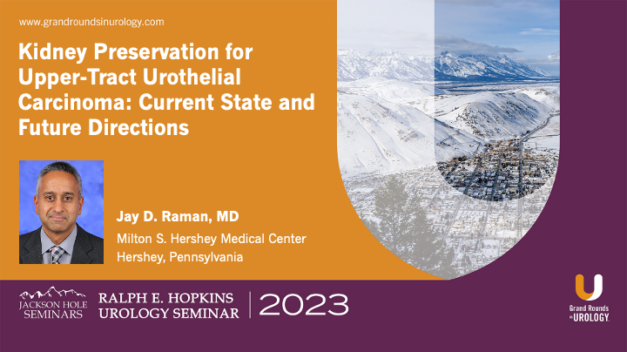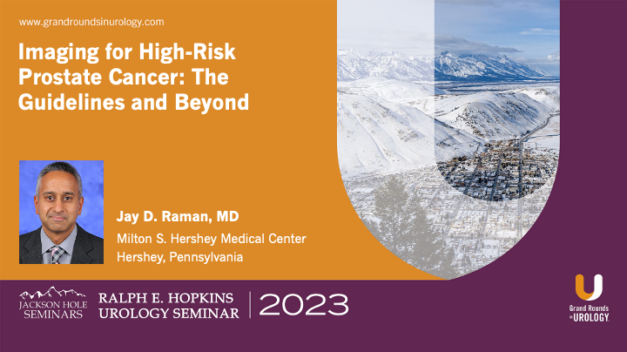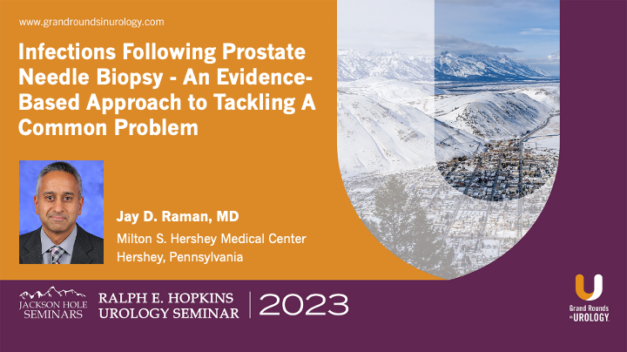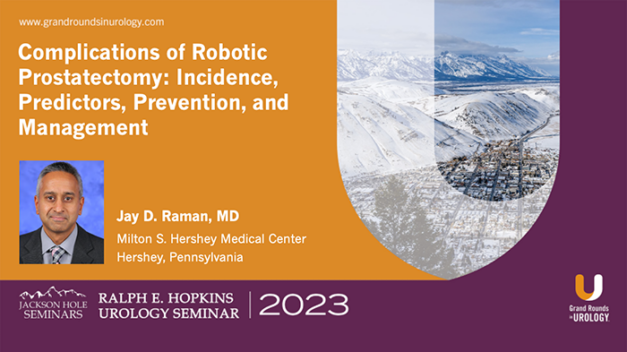Kidney Preservation for Upper-Tract Urothelial Carcinoma: Current State and Future Directions
Jay D. Raman, MD, examines the evolving strategies and treatment paradigms aimed at preserving kidney function in patients with upper-tract urothelial carcinoma (UTUC). Dr. Raman highlights the clinical significance of kidney preservation, given the substantial morbidity associated with radical nephroureterectomy, the traditional standard of care.
Dr. Raman emphasizes the importance of patient selection, detailing how advancements in diagnostic imaging and risk stratification enable more precise identification of candidates for kidney-sparing approaches. He discusses the role of endoscopic management, such as laser ablation and segmental ureterectomy, underscoring their efficacy and safety in appropriately selected patients. Furthermore, he examines the integration of perioperative therapies, including intraluminal chemotherapy and immunotherapy, as adjuncts to enhance local control and reduce recurrence rates.
Read More



